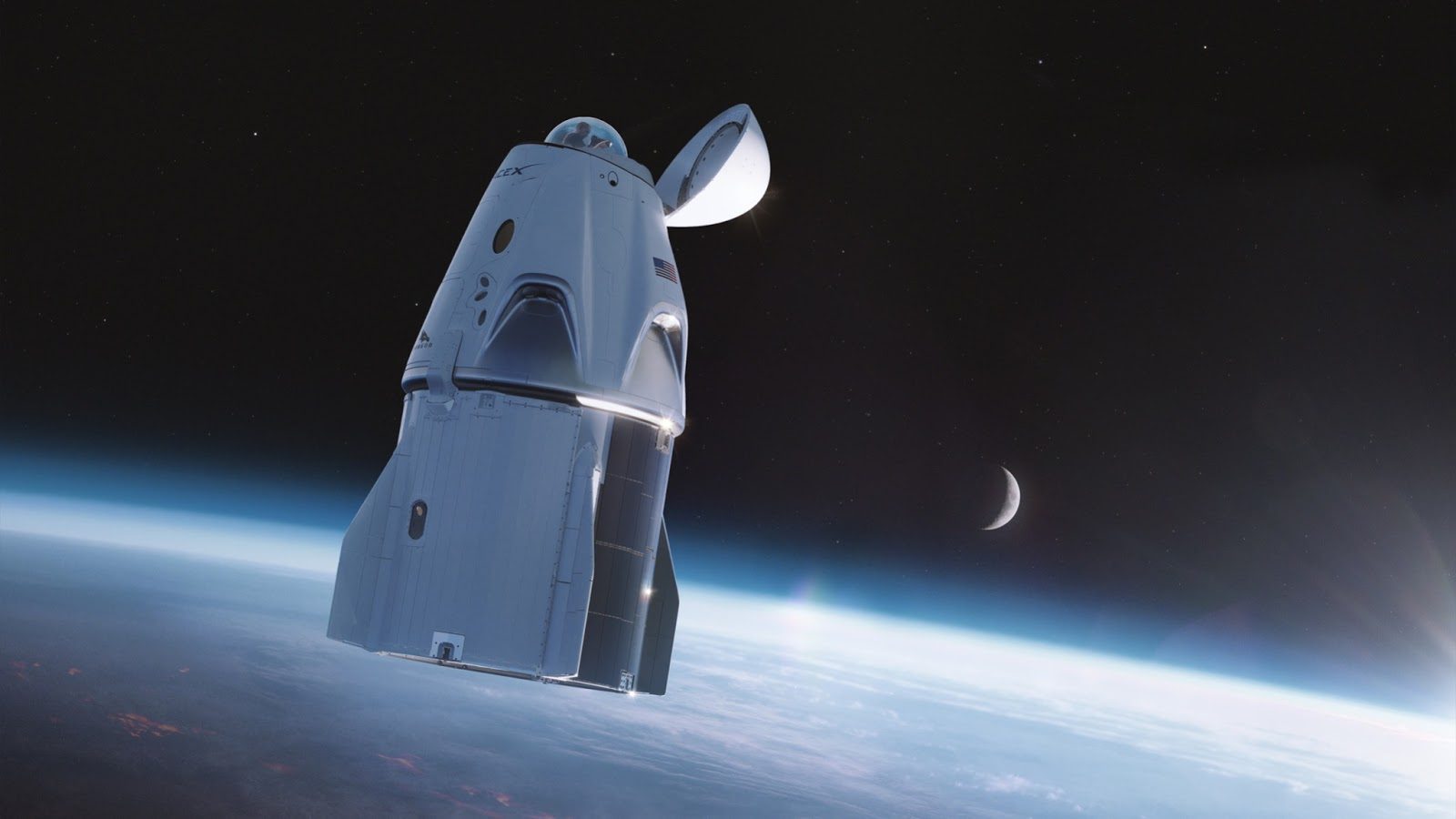In 2001, Elon Musk envisioned a project that would build a greenhouse on Mars and grow plants on the planet. This led to the founding of SpaceX.
Some 20 years after it first emerged on Elon Musk’s vision board, SpaceX is now arguably the most successful private spacecraft company. Last year, it made history as the first private company to launch astronauts on a commercial mission into space.
Now the company has another ambitious goal in sight: space tourism.
Space Tourism
Last year, SpaceX announced that it’ll be sending three tourists to the international space station (ISS) for $55 million each. This came after NASA announced that the space station would start to open up for activities such as space tourism.
A year after the announcement, we now have the names of the first three tourists going to space.

Read also: A view of the International Space Station from Barwa City
To prepare for this mission, SpaceX customised the spacecraft to make it as fun as possible for tourists.

While this isn’t the first time that civilians have been to the ISS, it’ll be the first time that a fully private company takes them there. This historic flight marks the creation of an industry that is expected to be worth $3 billion by the end of the decade.
Are people actually interested in going to space?
A 2018 survey found that almost half of Americans are interested in orbiting Earth in a spacecraft. The survey did not factor in the ticket cost though. A different survey in 2008 found that the average price people are willing to pay for space tourism is $2,000. That’s 0.004% of the actual $55 million price that was charged for this mission.
There are two things to keep in mind though.
Firstly, $2000 is the average price that people are willing to pay, but space tourism is likely to remain a luxury for those with very high disposable income. Secondly, as technology develops, the price of future trips will decrease over time.
Novel technology such as reusable rockets will play a huge role in this price drop.
Reusable rockets
Elon Musk has compared current spacecraft to airplanes, explaining how it would be really expensive to fly in an airplanes if it was only used once. This is the current state of spacecraft technology, with each spacecraft built to only be used once.

“With respect to space, I think there’s really just one problem, which is a fully and rapidly reusable orbital rocket. This is the holy grail,” Elon Musk said.
The competition
Despite SpaceX’s publicity and recent milestones, it’s not the only company pushing the industry forward. Richard Bransons’ Virgin Galactic and Jeff Bezos’ Blue Origin offer a taste of space tourism.
Virgin Galactic has already taken tourists to space, but the flights only achieve suborbital travel. This is when a spacecraft briefly enters space, giving customers a few minutes of microgravity. The company charges $250,000 for each ticket which is significantly lower than SpaceX’s $55 million, but for a reduced experience.

Read also: Qatar home to region’s first ever solar-powered bus depot
It remains to be seen if consumers will favour SpaceX’s expensive but full experience, or if the “cheaper” reduced trips will be the ones to take off.
If you had the opportunity to go to space, would you go? And how much would you pay for the experience? Share your answers with us in the comments.
Follow Doha News on Twitter, Instagram, Facebook and Youtube







